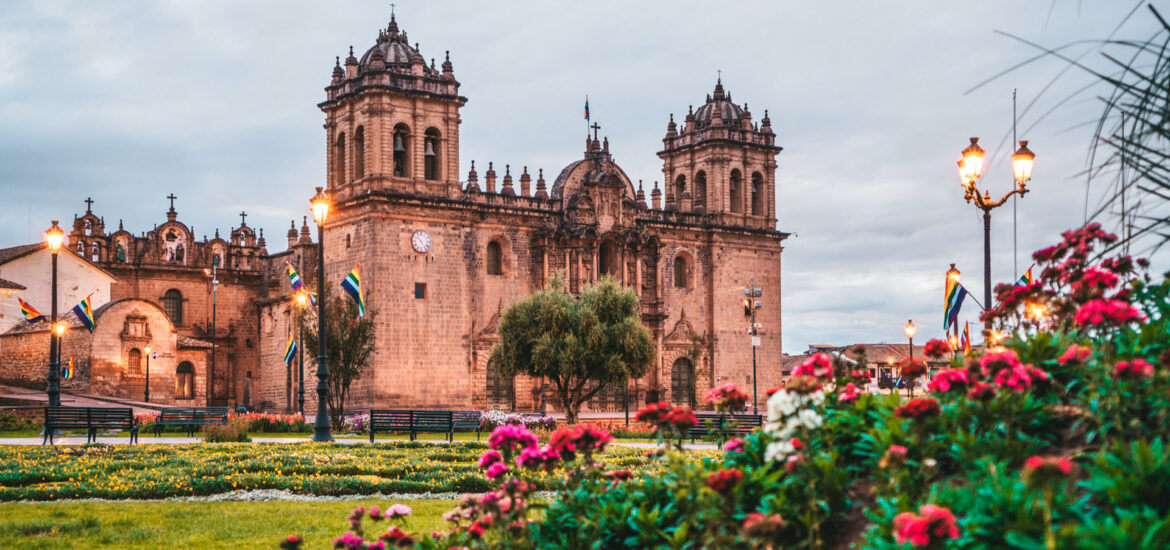Besides Machu Picchu, when in Peru, one of the places you’ll visit is the Cusco region. But hold a second, Is it Cusco, isn’t it? Or should we say Cuzco? There’s a long-time argument between Peruvians, especially with “Cusqeños” about the correct spelling and form to write the Incas’ imperial city.
What is true, is that the original name of the city is “Qosqo” (Pronounces is like Costco) which comes from the Quechua language, it means “navel of the world” or “center of the world.”
This name originated from the variations we showed you, Cusco, spell it “Kusko”, or Cuzco, spell it “Qↄsqↄ”. To answer the question and title of this blog, we have to take a trip back to when the Inca Empire used to rule the continent, and the Spanish conquest era. Let’s get into it!
Name Origin & Incas Era
The name “Qosqo” may have Aymara origin. The Aymara were a powerful pre-inca culture. To be precise, the word “Qusqu Wanka” means “Rock of the owl”. It’s interesting to note this name has to do with the “Ayar Brothers” legend. The legend says in part that one of the brothers, Ayar Auca flew to the area known as Cusco today, landing on a rock.
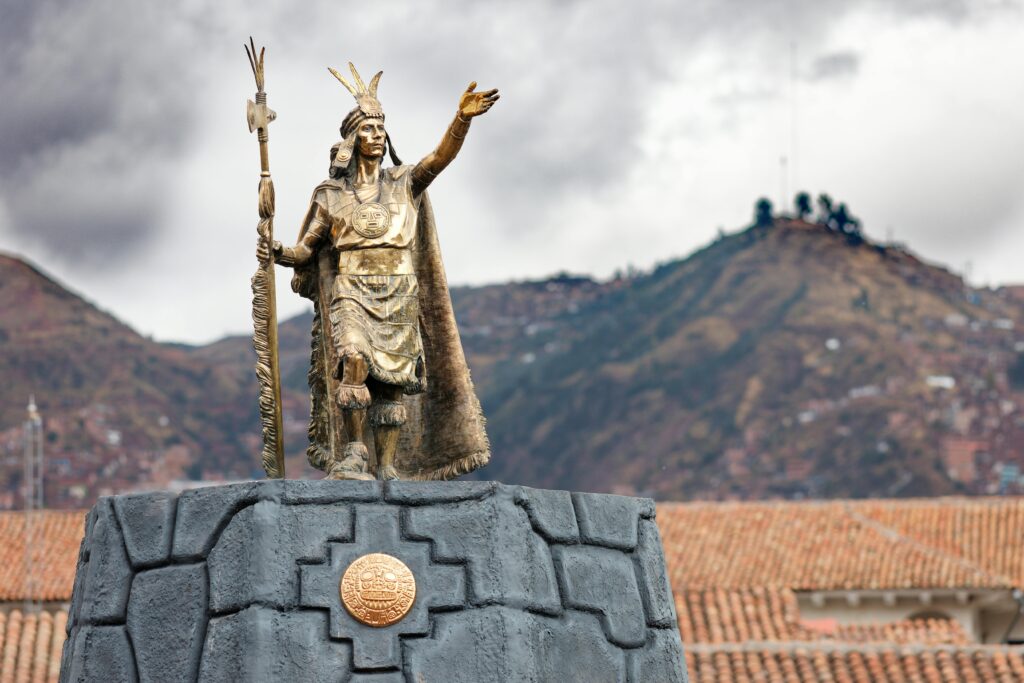
After marking the area where he landed, he sat down again and turned himself into stone. Becoming a marker of possession known in the ancient language as “Cozco.” This is how the name “Cusco” has been linked to this place even today.
Another origin story about the inca city has to do with Inca mythology. Incas believed that Cusco is a special place where three worlds meet: the underworld (Uku Pacha), the visible world (Kay Pacha), and the upper world (Hanan Pacha). This is why people often refer to it as the “navel of the world,” highlighting its significance in the universe. Another interesting fact is that today, the modern Quechua language does not use this term in the same way.
The Spaniards and the name Cuzco
When the Spaniards got South America, almost all of the American continent became Spanish colonies, including Peru. When they arrived in southeastern Peru, they called the Inca ruler’s city “Cuzco”. The name “Cuzco” can be found in important documents like the Gaceta de Madrid paper, 19th and 20th century official maps, or Charles I royal decrees.
On the other hand, “Cusco” shows up in historical maps of Peru starting from the 16th century, with examples dating back to 1597, and it continued to be used through the 17th, 18th, and 19th centuries until 1814. It’s fascinating to see how many explorers who came to the “New World” were from southern Spain. In this area, the letter “Z” sounds more like it does in Latin America.
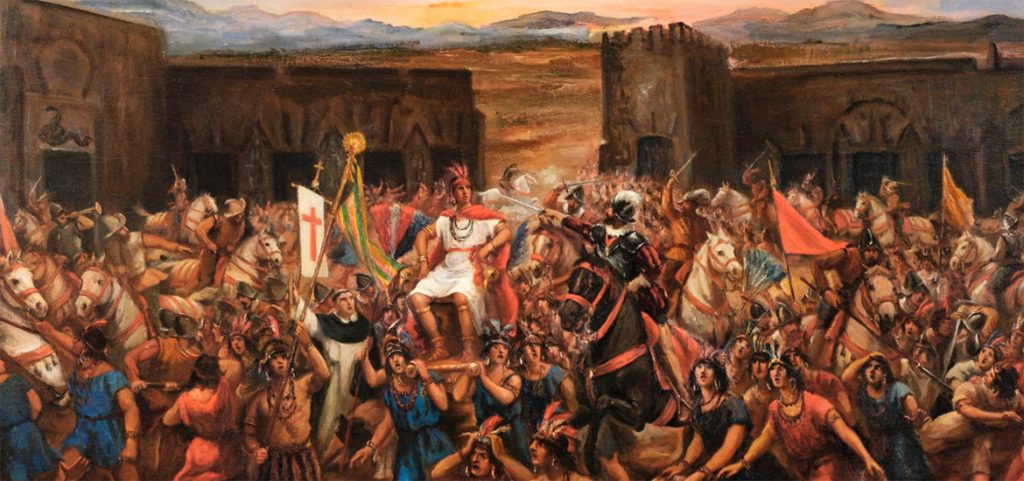
This is quite different from the way most of Spain pronounces it. This sound is like the “S” you hear in Andalusian or Latin American Spanish. It’s great to think about how the conquistadors adapted “Qosqo” to “Cuzco.” The “Z” they used back then, which sounded different from today’s pronunciation in Spain, was a thoughtful way to reflect what they heard from the Indigenous peoples.
The Word Cuzco is Prohibited
Indeed, the story of the city’s name did not end there. Many local and national authorities engaged in a debate about changing the name, and eventually, they succeeded. Similarly, in the mid-1990s, well-known writers, guided by the indigenous movement, began writing texts that adopted the new term “Cusco.” Not only a large number of people got involved in the debate, but also local and national authorities.
As a way to differentiate between the Spanish language and the Cuzco name, indigenous movements began claiming that “Cusco” was the right form to call the inca civilization city. For instance, the Greater Academy of the Quechua Language and other native organizations proposed that Cusco’s Municipality adopt a local ordinance in 1971 that formally renamed the area from “Cuzco” to “Cusco.”
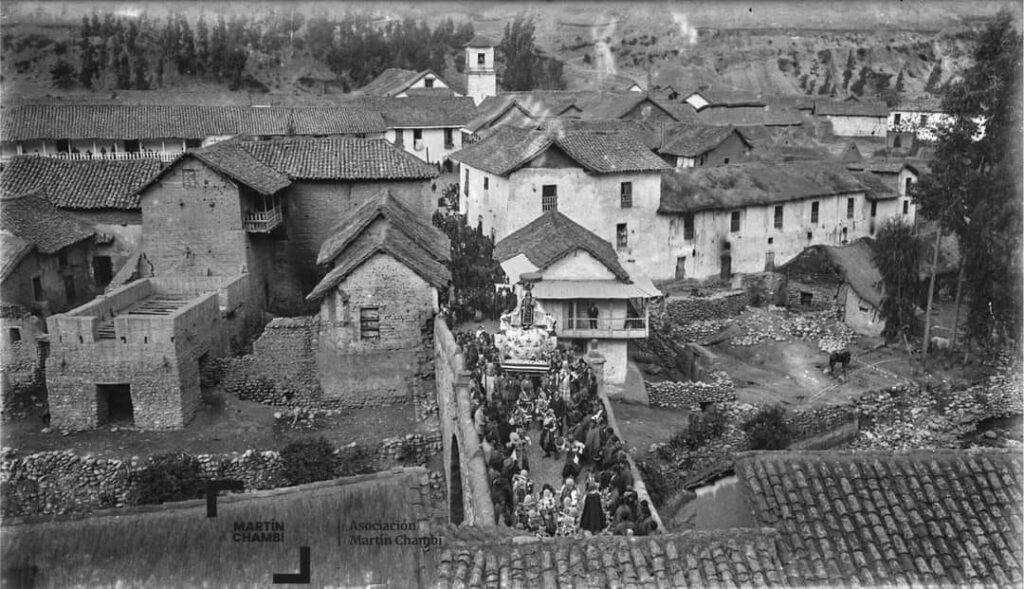
Afterward, the new moniker “Cusco” was officially adopted in 1986, and it has stayed the name ever since. Ever since notable Cusco residents have chosen to go by “Cusco,” sticking closer to the Quechua native name. In books, writings, or even spoken language people start to use Cusco, you can find the word in the 1993 Political Constitution of Peru, which states that “the historical capital of the country is the city of Cusco.”
The Debate Continues
Additionally, the Cusco Municipal Council approved another agreement in 1990 to promote the use of “Qosqo” instead of “Cusco” in all municipal documents. Marco Martos, president of the Peruvian Academy of Language, shares some interesting thoughts about the name “Qosqo” and its adaptation to “Cuzco.”
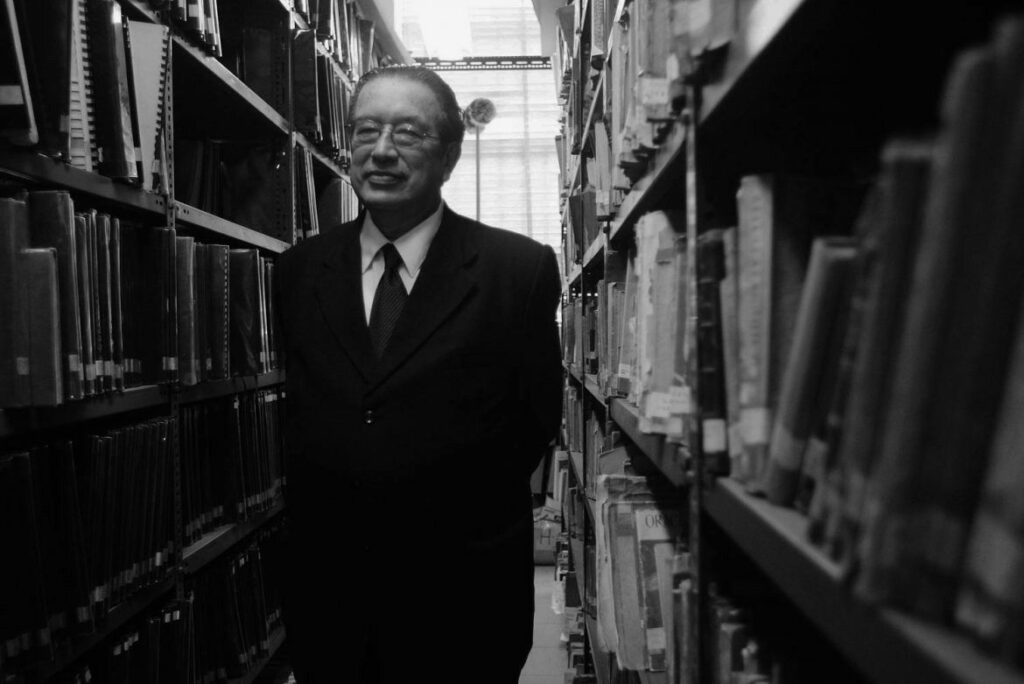
He believes that since the Incas did not know the Spanish alphabet, the discussion about how the Quechua people pronounced the name may not be very relevant. He also points out that it’s unclear if they even had a writing system. Martos draws a parallel with Mexico, where the “X” in the country’s name is seen as an important part of their identity.
He suggests that we could embrace “Cuzco” in a similar way, rather than changing it. Lastly, he feels it is a bit unfair to avoid using “Cuzco” because, according to the RAE dictionary, it means “small dog.” In Peru, this meaning isn’t commonly recognized, so he believes it should not be a reason for concern.
And the right word is…
When you get to Cusco, you’ll see that almost all “Cusqueños” use this word, however, national and foreign visitors tend to use the outdated form. You, as a foreigner, won’t have any issue using the form you prefer, however proud cusqueños or older people can lecture you about the importance of using the right form. Our advice is: Just don’t mind them, and we tell you why.
The RAE, or the Real Spanish Language Academy, says that “Cusco” is the official word for the ancient city, which comes from the Quechua word that means “center of the world.” However, it also stated that the word “Cuzco” is most spread in other Spanish-speaking countries which makes both valid.
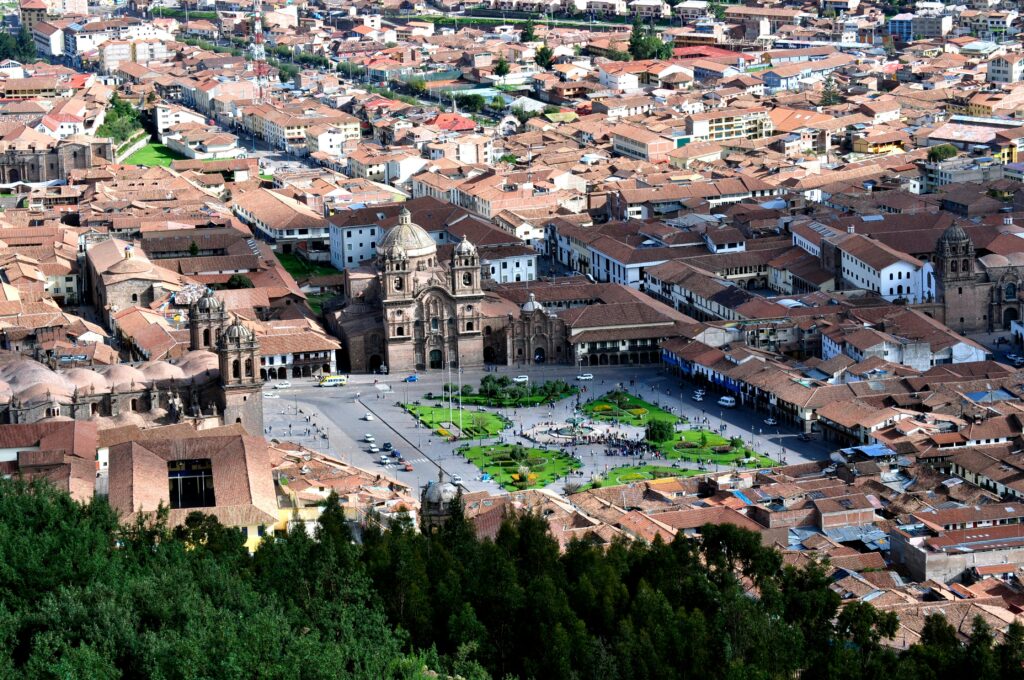
So, which word should you use? In the end, you can use both terms. In Cusco or other Peruvian cities, we can use “Cusco.” Outside the country, or just like some people in Peru’s coastal region say, it’s fine to use “Cuzco”, since many people are familiar with that spelling.
Whatever term you can use, be sure to visit Peru and our city. Keep in mind that Viagens Machu Picchu can help you with that, and our more than 100,000 satisfied clients show we are committed to assisting our clients. Contact us and start living your dreams in Peru!
Viagens Machu Picchu, journeys that inspire, moments that last.
| Spanish > Viagens Machu Picchu |
| English >Viagens Machu Picchu |
| Portuguese > Viagens Machu Picchu |

